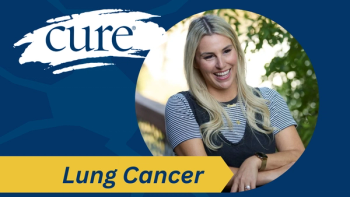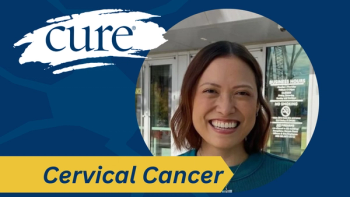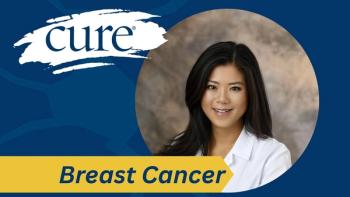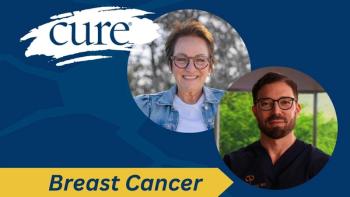
Cancer Treatment-Induced Dry Mouth is ‘Much More Consequential Than It Sounds’
Cancer-treatment induced dry mouth can lead to several severe health issues. Here, Dr. Randy Kimple discusses how the side effect can lead to dental health issues, as well as other health consequences including pneumonia.
Saliva, or lack thereof, greatly impacts a person’s dental health. In fact, according to Dr. Randy Kimple, patients who experience lifelong dry mouth after receiving treatment for cancer tend to end up having bad dental health issues and can also aspirate and develop pneumonia and other complications.
In an interview with CURE® explaining how an experimental therapy
For more news on cancer updates, research and education, don’t forget to
Transcript:
The effects on the saliva impact the dental health in ways you know, it's not just (to) brush your teeth more, but the saliva that your teeth are always surrounded by helps protect the teeth and maintain them. So, these people end up with bad dental issues, they can aspirate, which essentially means that when they try to swallow, whether it's their saliva or food, it goes down the wrong pipe.
We all do that once in a while, right? You cough, it's fine. But these people do it chronically. And that can lead to infections, pneumonia and other complications. These patients, some of them, you know, won't eat food outside of their home. When we could go to restaurants (outside of COVID-19), they won't go to a restaurant to have dinner, because it's embarrassing that they can't eat the food or that they take a bite of chicken and they have to chew the chicken for five minutes and take three sips of water to eat one small bite of chicken. And, you know, they say, ‘I can't do it.’ It affects their social functioning and even who they spend time with.
So, it it's much more consequential than it sounds initially, and if you talk to patients who had radiation, I think you'll be impressed by how impactful it really is. Even though on the surface it sounds like dry mouth is not a big deal. That's not at all the story that our patients tell us.




